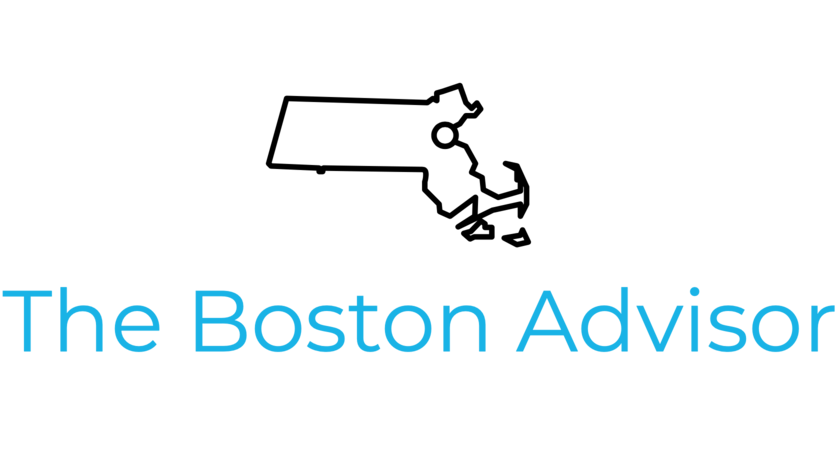Financial Planning for Business Owners
A reader asks, how can a financial advisor help an entrepreneur? The context behind the question being that they’re confident risk-takers who prefer to build wealth through their business.
I’ve thought about this a lot over the years since I work with many business owners and feel well-positioned to help them given my background, When it comes to financial planning for business owners, there are three things that don’t get enough attention when they’re not working with an advisor.
- Pulling cash from your business tax-efficiently: Even if you’re going to constantly reinvest in the business, there are missed opportunities to build a nest egg that will also help reduce taxes. Thinking this is covered through a basic 401(k) is a mistake. There are more advanced retirement plan designs and saving strategies available.
- A business transition plan: You will exit your business at some point. Do you want to do it on your own terms and in the most financially advantageous way possible as a reward for your years of entrepreneurship and sacrifice? Here’s how an advisor can help and a case study.
These first two are connected. An investment portfolio will fund a large portion of most people’s retirement. The capital to build that portfolio as a business owner will come from your company. Therefore, you need to extract it tax-efficiently and benefit from your company’s value.
- Making sure your finances are in good shape: I created this checklist that people can work through to reduce risk, protect their assets, and capitalize on financial opportunities. Hard charging entrepreneurs miss some of these things. I’ve elaborated below on some additional financial planning items beyond this basic checklist that business owners should consider.
Additional Financial Planning Topics for Business Owners
- Set Goals
Financial goals are important, and business owners need separate sets for their personal finances and business and should track them separately to reduce the risk of personal goals getting ignored.
- Customize Your Rainy-Day Fund
Business owners may need excess cash set aside for a rainy day, especially if you experience large cash-flow fluctuations in your business.
- Unique Insurance Coverage
You have too many obligations as a business owner to take this part lightly.
Disability insurance will provide cash-flow for you and your family if you’re disabled and can’t run your business.
Business overhead expense (BOE) insurance provides cash to continue your company’s ongoing operating expenses during disability. It’s particularly helpful for small businesses and professional practices where key employees’ ability to work directly impacts revenue and operations.
- Protecting Your Family and Your Assets
Make sure you have enough corporate liability coverage and that you’ve protected your assets from business generated liabilities.
Create a documented business succession plan funded with insurance, if necessary, to ensure business continuity and factor the business and succession plan into your estate plan.
Related Reads
Selling Your Business in This Market
Someone Offered to Buy Your Business
